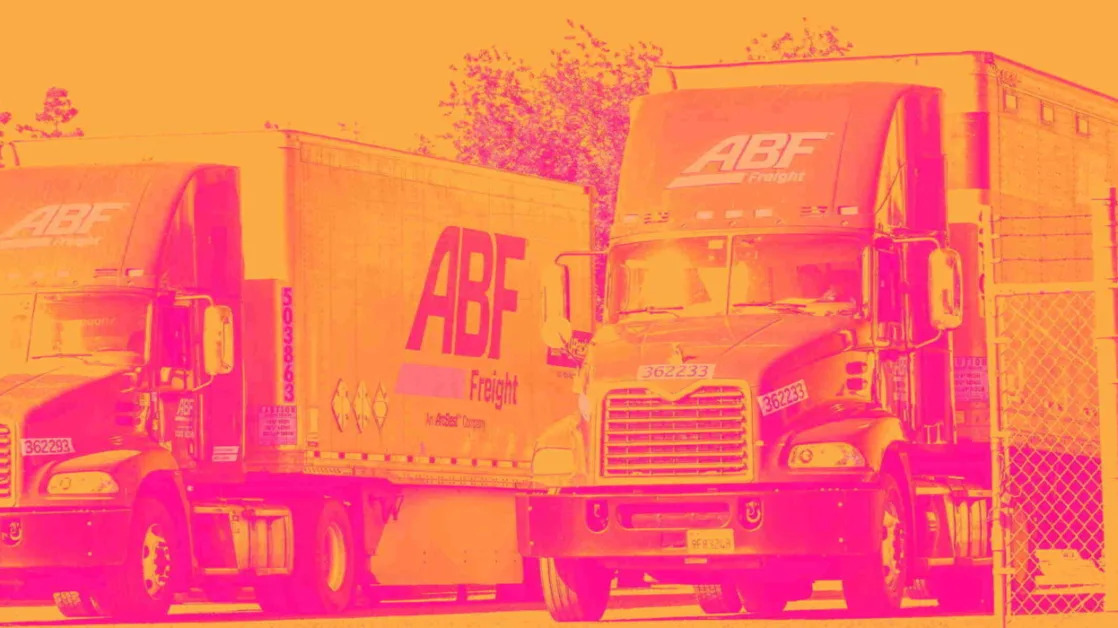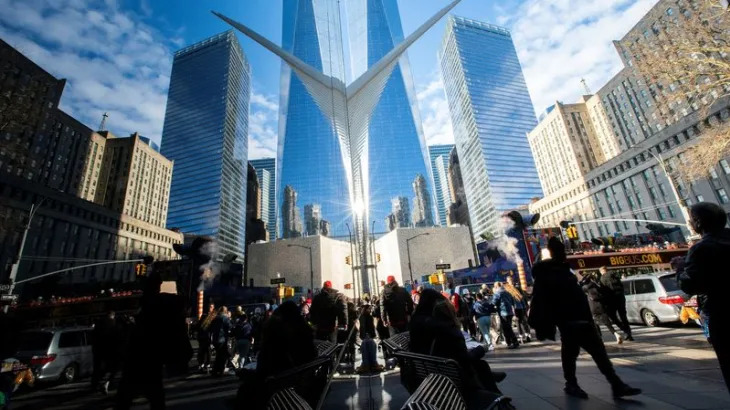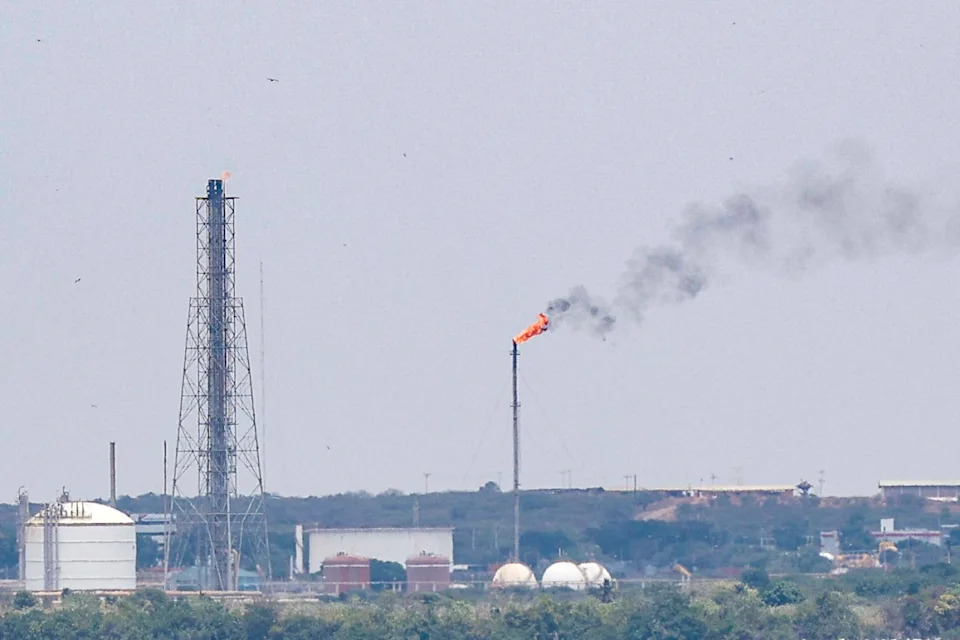
Oil magnate Harry Sargeant III is a GOP donor well known for his back-channel efforts to temper hostilities between the U.S. and Venezuela. On Friday, the Trump administration ordered his oil-trading company to leave the South American country.
Global Oil Terminals, part of a Florida conglomerate owned by Sargeant, lost authorization from the U.S. Treasury Department to work in Venezuela, as did Spanish oil-and-gas company Repsol and other foreign oil companies doing business there. Chevron previously received a similar notice .
The companies have until late May to wind down operations, escalating the Trump administration’s campaign to isolate Venezuela, partly over frustration with its reluctance to quickly accept Venezuelan deportees.
Sargeant is known to play golf at Trump’s Mar-a-Lago club one day and to jet down to Caracas the next. He has helped broker agreements aimed at deepening U.S. commercial engagement in Venezuela, which holds some of the world’s largest reserves of oil and gas. Strongman Nicolás Maduro calls Sargeant abuelo , or grandfather in Spanish.
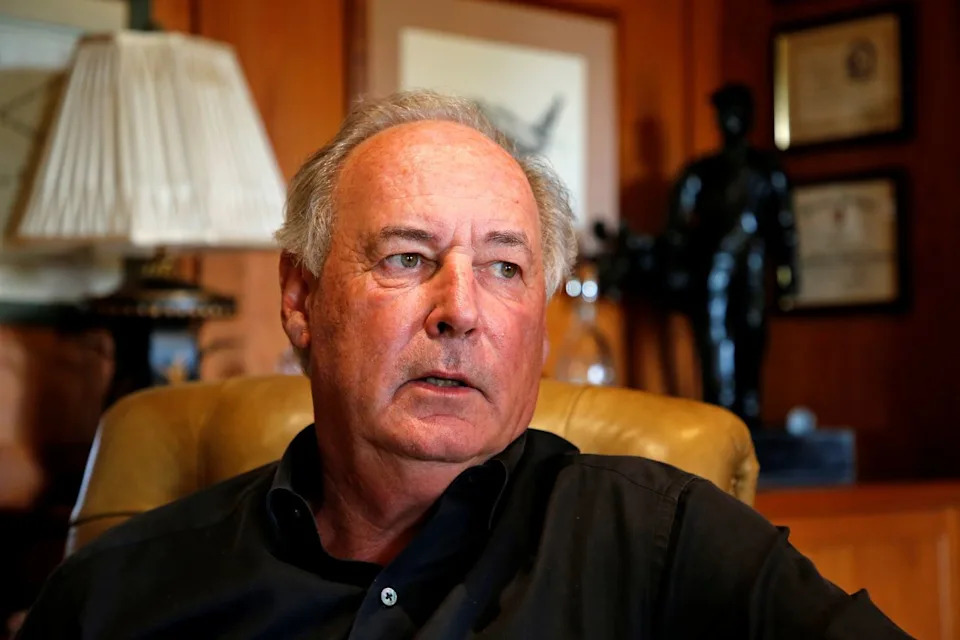
Since receiving its main license in May 2024, Sargeant’s Global Oil has regularly loaded cargoes of heavy oil produced in western Venezuela. Part of the supply is used to pave U.S. highways. All three of the company’s Venezuela licenses were revoked.
In a letter sent to Global Oil and viewed by The Wall Street Journal, the Treasury Department said all payments to Venezuelan entities must be completed by Wednesday. The tight deadline for payment implies a more immediate withdrawal, Sargeant told the Journal in a text exchange.
A representative from Repsol didn’t immediately respond to a request for comment.
Adding to the renewed isolation campaign, Trump issued an executive order this week saying the U.S. would begin imposing a 25% tariff on Wednesday on any country that buys Venezuela’s oil. Buyers of Venezuelan crude, including India’s Reliance Industries, have already begun to pull back.
Foreign oil companies such as Repsol and Reliance that do a lot of business in the U.S. sought authorization to work in Venezuela to avoid running afoul of sanctions.
Despite the early indications that Trump would moderate the hard-line stance he took on Venezuela during his first term, the White House became frustrated with what they saw as the Maduro government dragging its feet on taking back Venezuelan migrants. Over the past decade, at least seven million have fled Venezuela’s economic hardship and political repression.
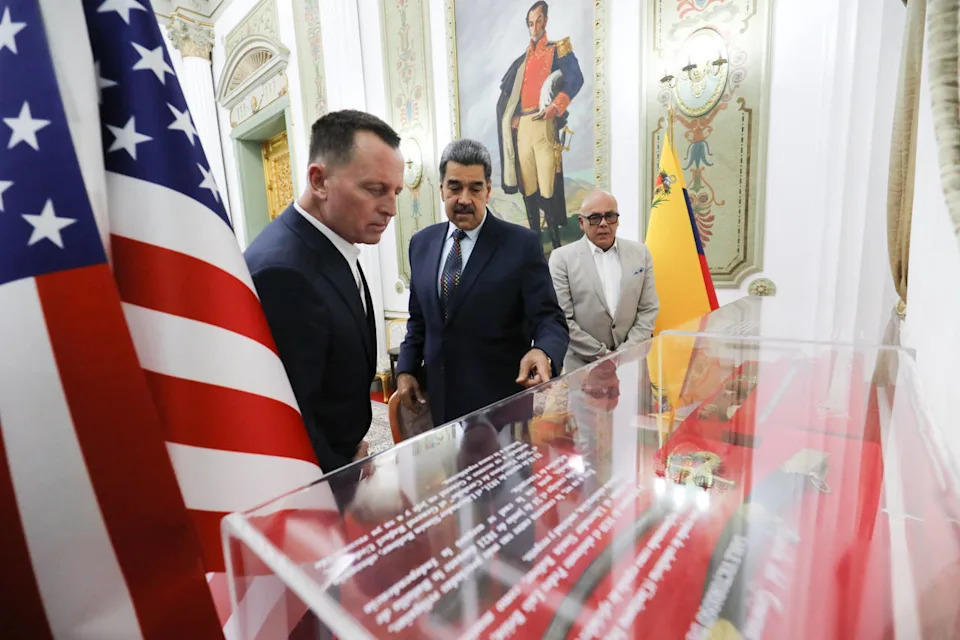
Now, the Trump administration is again trying to isolate Maduro, under the influence of foreign-policy hawks led by Secretary of State Marco Rubio.
“Up until this week, the Venezuelans were not picking anybody up,” Rubio told reporters on a trip to the Caribbean this week. “They were not allowing anybody to go back. They’re the only country in the hemisphere that was refusing to accept anyone.”
Trump officials have also blamed Maduro for intentionally sending gang members to the U.S. “We have reason to believe that they were actually being pushed towards the United States in large numbers by the regime in Venezuela,” Rubio said Thursday.
The Trump administration recently sent more than 230 mainly Venezuelan deportees to a prison in El Salvador, accusing them of belonging to a violent criminal gang.
Venezuela subsequently dispatched several planes to Honduras to pick up more deportees flown there by the U.S., an apparent effort by Maduro to offset a push by foreign-policy hawks to tighten the economic screws again.
In early March, the Treasury Department gave Chevron until early April— a logistically challenging 30 days —to pull out of Venezuela. But the administration on Monday extended Chevron’s license to late May.
U.S. oil executives have long contended that their departure from Venezuela would invite China and other U.S. rivals to deepen their presence, an argument that the hawks greet with skepticism. The oilmen and other critics of Trump’s approach say the Venezuelan economy will now plunge into further chaos, spawning more migration.
The Biden administration had loosened the sanctions to try to get Maduro to hold fair elections. The Chevron license, issued in 2022, was a cornerstone of President Biden’s approach. Maduro held elections in July but refused to step aside after losing.
Write to Collin Eaton at collin.eaton@wsj.com and Vera Bergengruen at vera.bergengruen@wsj.com



